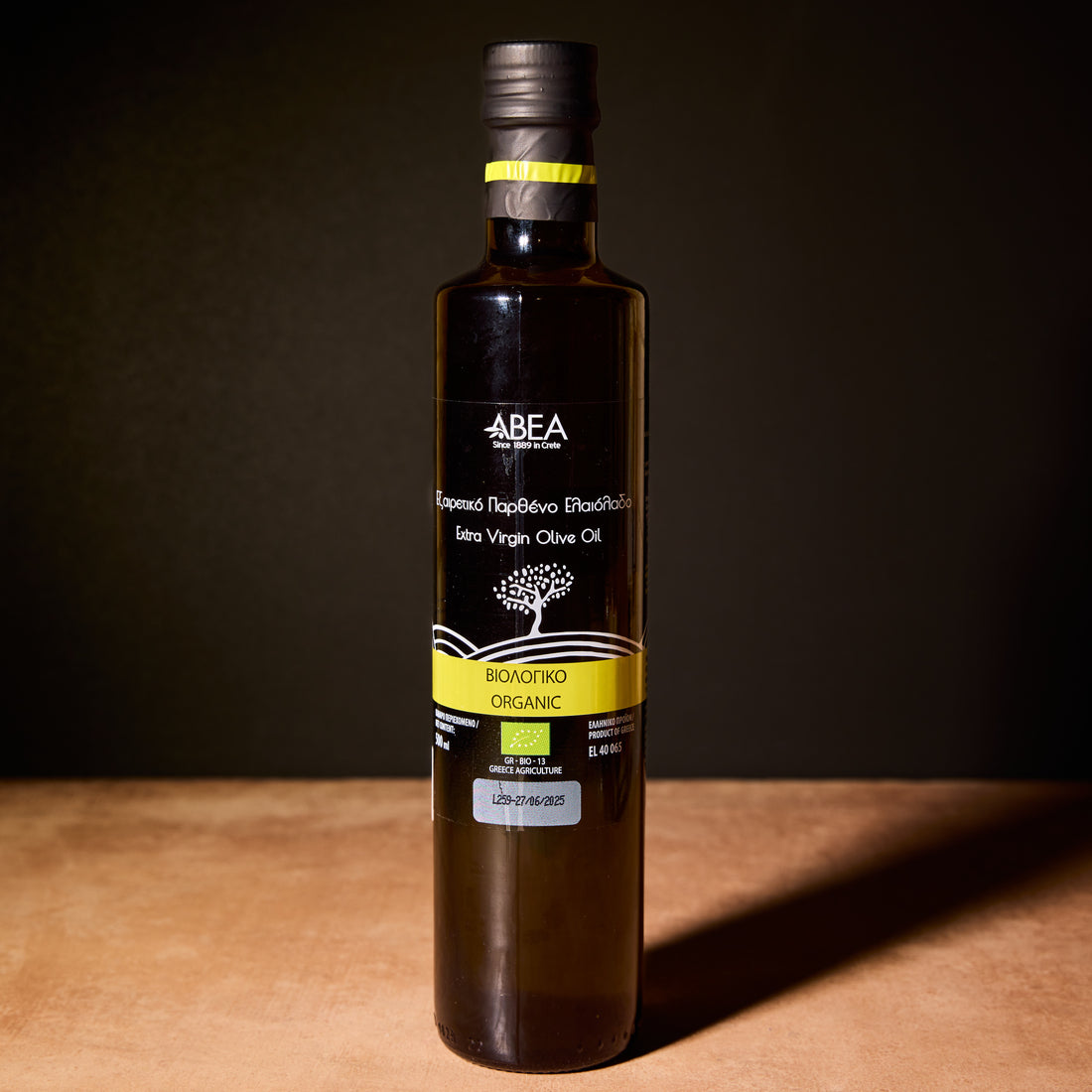What are polyphenols?
A popular ancient remedy, olive oil was used in ancient times to treat sore throats, as well as soothing skin conditions and painful joints. Eyes have returned to its health benefits with the rise of nutraceuticals, mainly attributed to its high polyphenol content.
Natural antioxidants contributing to taste and astringency, polyphenols have been shown to reduce cholesterol levels, the risk of heart disease, and inflammatory states. Increasingly evidence shows that they also have anti-cancer properties, modulating the immune system and preventing genetic mutations.
Why Olive Oil?
Although present in other foods, olive oil has one of the most available sources of polyphenols. A high quality oil can contain as much as 5 mg of polyphenols in every 10 grams of olive oil. In order to obtain the greatest benefit from the oil, it should be used in its unheated form. Some choose to drink it, but it can also be used as the basis of a summer salad dressing, or even drizzled over a warm soup.
How do I choose an oil?
When determining if an oil may be high in polyphenols, lots of factors must be considered:
- Olive Varietal: Koroneiki and Picual olives, for instance have a very high level of polyphenols, while Abequina’s content is low.
- Time of Picking: Oil made from green (unripe) olives has more polyphenols than oil made from ripe olives. The polyphenol concentration increases with fruit growth until the olives begin to turn purple and then begins to decrease.
- Environmental factors such as altitude, cultivation practices, and the amount of irrigation.
- Extraction Conditions: Ideally, the oil will be cold pressed and as unprocessed as possible, as heating the paste, adding water and increasing malaxation time results in the breakdown of polyphenols.
- Storage: Polyphenols are sensitive compounds, and degrade when exposed to light and heat, and over time in storage tanks. To extend their life, olive oil rich in polyphenols should be kept in stainless steel storage tanks, and then packaged into to dark bottles.
- Level of refinement: Olive can be highly refined through chemical, or physical processes, stripping the oil of its natural properties. In this way, unpalatable tastes produced by defects or diseases in the olives can be eliminated. However, this process also removes most polyphenols, reducing the health benefits of the oil.
EVEN MORE INFORMATION AVAILABLE HERE. The International Olive Oil Council are a rich source of the latest research.
Which Olive Oil is the best for polyphenols?
With a full Analysis 'Campo Di Torri' from Italy is the first stop for high Polyphenol content, we work with this producer and import this directly into the UK.
ABEA's Organic Olive Oil is sourced from certified producers in western Crete, with mountainous conditions providing the cool nights needed for high quality olive production. Pressed from 100% Koroneiki olives, its flavours vary from that of fresh cut grass, green almonds, artichoke, and tomato leaves. Its high polyphenol content gives a notable profile of medium intensity fruitiness, bitterness and a peppery aftertaste.

